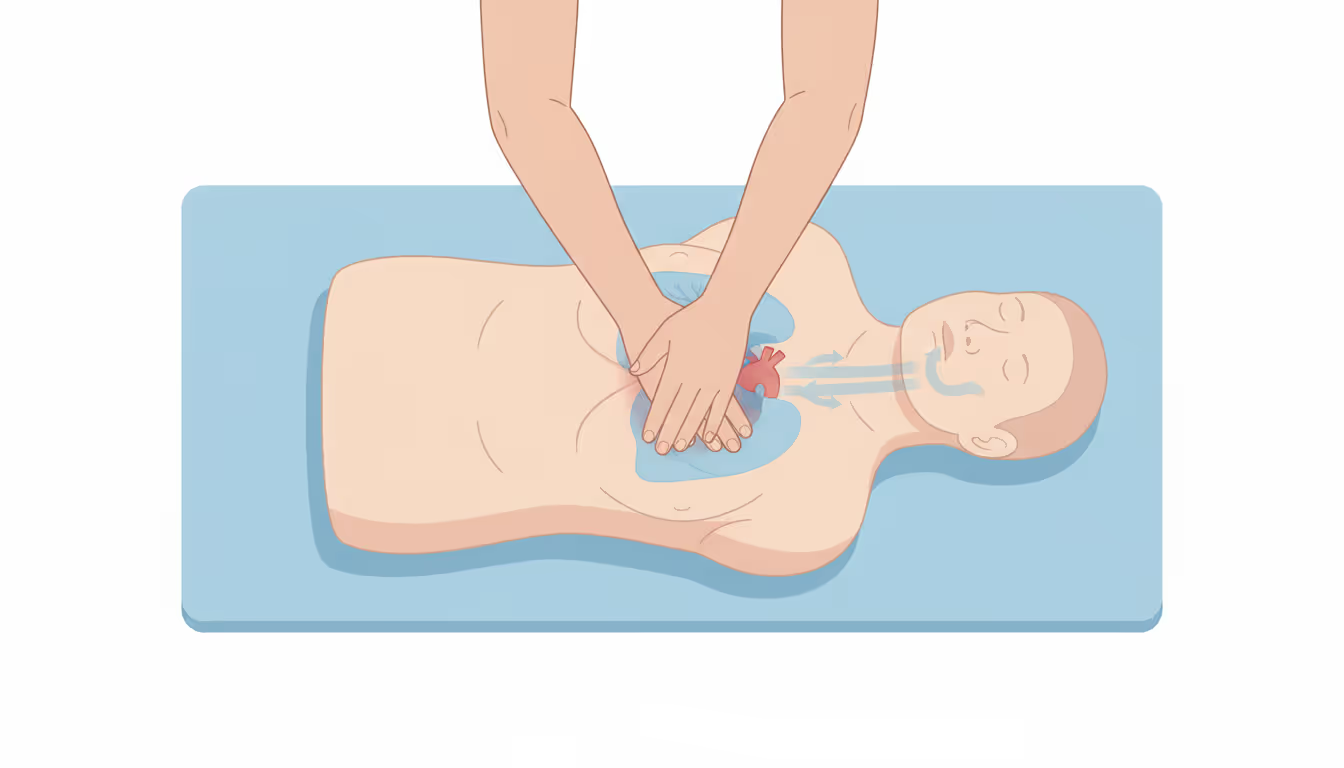
Acute pancreatitis is characterized by a rapid onset of inflammation in the pancreas, which typically resolves on its own. While some individuals may experience multiple episodes, they generally recover completely each time. The condition is most commonly linked to excessive alcohol consumption or other factors such as certain medications, abdominal surgery, or anatomical irregularities of the pancreas or intestines. Occasionally, infections like mumps can be a trigger, and in about 15-16% of cases, the cause remains unidentified.The initial symptom is often a severe pain in the upper abdomen, lasting for several days. This pain might be persistent and confined to the abdomen or radiate to the back and other areas. It can start suddenly and intensely or begin as a mild discomfort that worsens with eating. The abdomen may become swollen and sensitive to touch, accompanied by nausea, vomiting, fever, and an elevated heart rate, with the patient appearing quite unwell.In roughly 20% of cases, the condition is severe, potentially leading to dehydration and failure of the heart, lungs, or kidneys. In extreme scenarios, bleeding within the pancreas can occur, resulting in shock and possibly death.During acute episodes, blood tests reveal elevated levels of amylase and lipase, enzymes produced by the pancreas, alongside potential alterations in calcium, magnesium, sodium, and other substances. Blood sugar and fat levels may also rise but usually normalize after recovery.Treatment varies with the severity of the attack. Typically, acute pancreatitis resolves without intervention, but hospitalization might be necessary for intravenous fluids to restore blood volume and support organ function. Additional treatments may address complications like pancreatic infection.If vomiting is uncontrollable, a tube may be inserted through the nose into the stomach to remove fluids and air. In less severe cases, the patient might abstain from food for a few days, receiving fluids and pain relief intravenously. Most acute attacks last only a few days unless gallstones block the ducts. Severe cases may require intravenous feeding for several weeks as the pancreas heals.Antibiotics are prescribed if an infection is suspected, and surgery might be required for complications like infections, cysts, or bleeding. Gallstone-related attacks may necessitate the removal of the gallbladder or surgical intervention. Surgery may also be needed to rule out other abdominal conditions mimicking pancreatitis or to address the condition directly. In instances of severe tissue damage, an operation might be conducted to remove necrotic tissue.Once the acute symptoms have subsided, doctors will work to identify the cause to prevent future occurrences. While some patients have an apparent cause, others require further testing. For more details, refer to information on pancreatitis.




